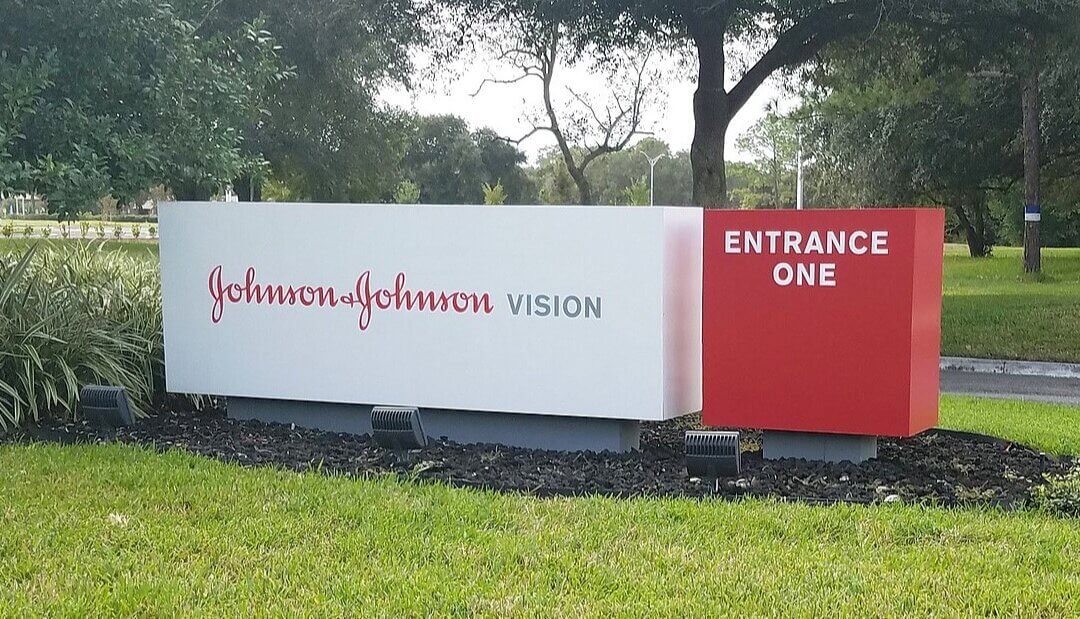J&J provides equipment, support for UNF advanced engineering program (Courtesy of the Jacksonville Business Journal) — The University of North Florida announced recently that Johnson & Johnson MedTech plans to continue its support of a program that provides equipment and expertise to the school and delivers well-trained potential employees to the company.
Johnson & Johnson has supported UNF’s advanced manufacturing engineering program with funding, equipment and mentors since 2010.
Both Johnson & Johnson and UNF declined to share the dollar amount going toward the collaboration.
Among the benefits to the school, Johnson & Johnson’s support helps fund a position for a full-time, tenure track professor in engineering who can perform manufacturing research and development in a lab filled with Johnson & Johnson MedTech equipment.
Advanced manufacturing engineering is a field of study for making products that require a higher level of technology. The products can be for a variety of industries, including aerospace and biomedical uses.
Travis McKee, senior manager of advanced engineering with Johnson & Johnson Visioncare, said the company also hires UNF graduates every year.
“We hire four of their graduates every year to put them through an engineering rotation, much like a surgical or medical residency, where their engineers will join our company,” McKee said. “They’ll work a bit in process. They’ll work in some new line developments of heavy mechanical engineering and go through the paces until they find kind of where they want to be, and then we hire them on within the group.”
Paul Eason, UNF’s vice president of strategy and innovation, said the continued collaboration allows the school to grow its advanced manufacturing engineering major.
UNF is the only school in the state with an advanced manufacturing engineering bachelor’s degree program.
“It allows us to basically build this program around the expectations of industry,” Eason said. “I think that’s wildly important when you talk about a field like advanced manufacturing, namely, because you want folks to walk out of here with an incredibly relevant skill set, but a future forward skill set.”
Students learn hands-on skills from a manufacturer that has invested millions of dollars in Jacksonville.
Johnson & Johnson Vision recently started work on a $20 million, three-story, 9,848-square-foot 2GT Wastes Plastics addition project and a $6.1 million, 6,000-square-foot nitrogen plant in Jacksonville.
The company does much more than throw money at the school, Eason said. Johnson & Johnson supports the program by giving access to state-of-the-art machinery and instructors from the industry.
“The support that we received from J&J isn’t just in the form of money,” Eason said. “It’s in the form of equipment that they donate to us. It’s in the form of teaching adjunct courses, meaning that their scientists teach our students directly. It’s in the form of internships. It’s in the form of hiring programs for our graduates when they get out.”
In particular, the equipment provided by Johnson & Johnson is also used for research and development, which shows students what’s in store for the future.
“Having a corporate (research and development) facility on campus means that we’re not just training folks to work in the manufacturing side, but the development of new manufacturing methods, the development of new materials for products, and I think that’s what’s different about having a J&J partnership like the one we have,” Eason said.
The Johnson & Johnson 3-D Printing Center of Excellence at UNF and an internship program are part of Johnson & Johnson’s support.
“We get the benefit of the production side with the contact lens factory of J&J vision,” Eason said. “But we also get the forward looking additive manufacturing research side, which tells you where J&J is thinking the industry is going to go in the future. (It) prepares our students for a lifelong career instead of a job specifically.”
Photo courtesy of Jacksonville Today

